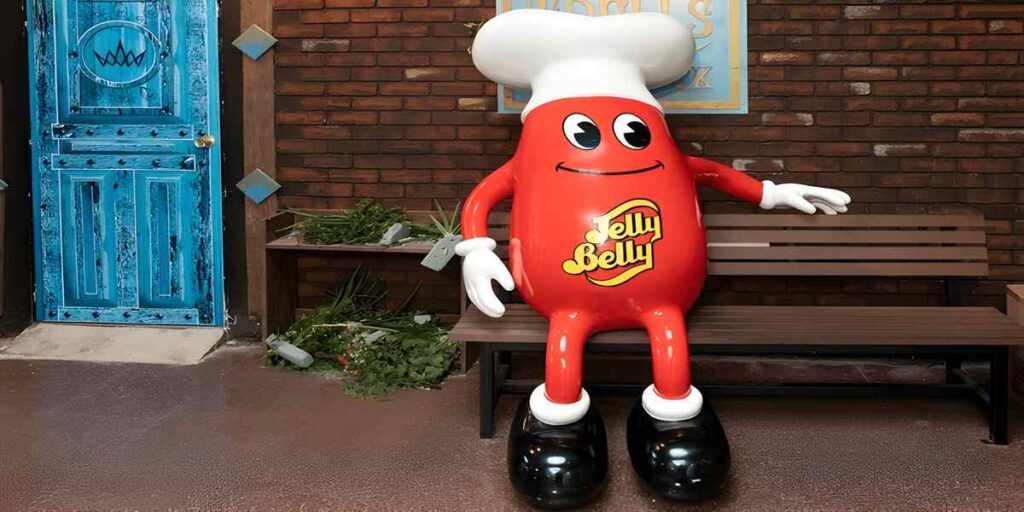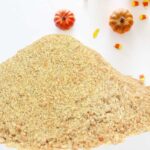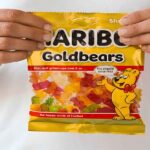Industrial sweets like Jelly Belly and Bean Boozled are popular food products among people of all cultures and religions. For Muslims who follow halal dietary rules, checking the ingredients in these candies can be a problem. Some may fit vegetarian or kosher standards but still be inappropriate under Islamic principles. In places with a sizeable Muslim population, clear information is essential for everyone. Multicultural environments need respect for religion and diet when offering a gift or treat to Muslim friends.
Is Jelly Belly And Bean Boozled Candy Halal?
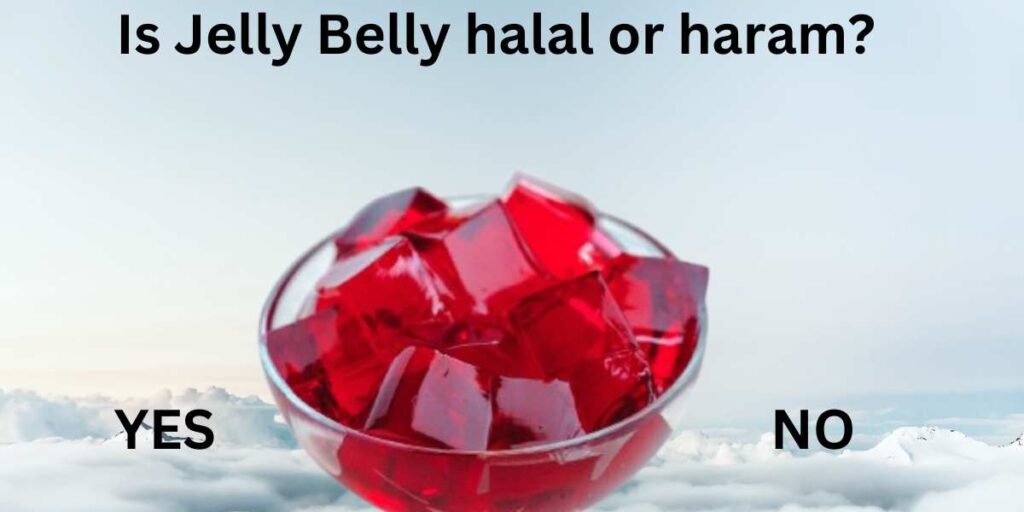
No, Jelly Belly and Bean Boozled candy are not fully halal. Some flavors contain alcohol, like Gin and tonic or Margarita, which is forbidden in Islam. Animal gelatin from pigs or other animals is also a concern.
Additives like carmine from insects and other food coloring are only sometimes clear. Muslims must check labels for things like E120 or Natural Red 4. Option options like The Jelly Bean Factory or Haribo are better for clear halal choices.
“Check before you eat; it could make a difference in your diet.”
- Avoid flavors with alcohol
- Check for animal gelatin
- Look for certified halal logos
- Verify with trusted religious authorities
- Choose brands with clear halal labels
Does Jelly Belly Contain Alcohol?
Jelly Belly and Bean Boozled Candy have many flavors that people love. For those who follow a halal diet, it is essential to check for haram materials. Some jelly beans may have alcohol-based flavoring, which is confusing. If jelly bellies candy has any such ingredients, it cannot be consumed by Muslims.
Even drinks like Red Bull energy drinks need checking, as any haram ingredient means they are not fit for those who strictly adhere to halal rules. Ensuring the variety of jelly bean products and that every product meets these standards helps maintain a halal lifestyle.
Does Bean Boozled Contain Gelatin?
Bean Boozled Candy and Jelly Belly are popular treats. Some food products like these use gelatin from mammalian collagen as a binding agent. This ingredient may not be halal. Marshmallows also often contain gelatin, raising similar concerns.
Some Jelly Belly candies use beeswax or carnauba wax, considered vegetarian-friendly. However, the company does not provide halal certification, making it hard to decide if they are suitable.
Options like Kaushar jelly beans use fruit pectin and sodium citrate, making them suitable for vegans. The company response shows which candies might be vegan-friendly.
What Are The Halal Ingredients Used In Jelly Belly & Bean Boozled Candy?
Jelly Belly and Bean Boozled use sugar, corn syrup, and modified food starch. Other ingredients include sodium citrate, artificial flavors, titanium dioxide, fruit juices, and concentrates for a natural fruity taste. Checking the list on the back of the product packaging helps ensure no changes have affected the halal status. Always double-check before consuming these candies.
| Ingredient | Purpose |
|---|---|
| Sugar | Sweetener |
| Corn Syrup | Sweetener and texture |
| Modified Food Starch | Thickener |
| Sodium Citrate | Flavor enhancer |
| Artificial Flavors | Add taste |
| Titanium Dioxide | Color |
| Fruit Juices & Concentrates | Real fruity taste |
List of Jelly Bean Flavours
Jelly Belly candies contain sugar, corn syrup, modified food starch, sodium citrate, artificial flavors, and colors like titanium dioxide. Some flavors include fruit juices and concentrate for a natural fruity taste. Always check the list of ingredients on the back of the product packaging to double-check for any changes before consuming.
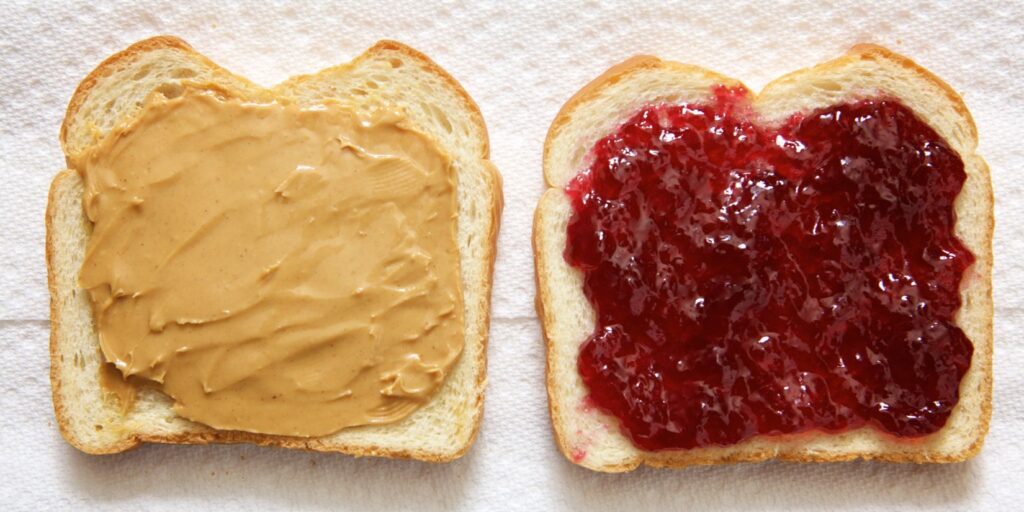
| Ingredient | Halal Status |
|---|---|
| Sugar | Halal |
| Corn Syrup | Halal |
| Modified Food Starch | Halal |
| Sodium Citrate | Halal |
| Artificial Flavors | Halal |
| Colors (e.g., Titanium Dioxide) | Halal |
| Fruit Juices/Concentrates | Halal |
Why Is Gelatine Haram?
Gelatine comes from animals’ skin, bones, and connective tissues, such as cows and pigs. This means it is not considered halal under Islamic law. Jelly beans with gelatine are not permissible. Muslims choose vegan jelly beans with plant-based ingredients like agar-agar, pectin, carrageenan, or microbial cellulose. Whether Jelly Belly and bean-boozled candy are Halal is common. Without certified halal labels, there is a possibility of cross-contamination. Many Muslims avoid such products.
- Hot Cheetos ingredients also need checking.
- Some products may have gelatine or non-halal flavorings.
- Always look for halal signs on snacks.
Halal choices matter to Muslims who follow Islamic law. They check the ingredients in candy and snacks like Hot Cheetos to ensure they are permissible. Reading labels and knowing the source of protein or other additives can guide better choices.
Is Jelly Belly Healthy?
Jelly Belly Jelly Beans have a high sugar content. This can cause rapid blood sugar spikes and increase the risk of type 2 diabetes, obesity, and heart disease. Consuming them often can harm dental health and lead to long-term health issues.
The artificial colors and flavors used in these candies may trigger hyperactivity in some people, and sensitive individuals might have allergic reactions. Eating in moderation is okay, but be mindful of these health concerns.
How Do Jelly Beans Get That Jelly Feel Without Gelatine?
Jelly beans from the Jelly Bean Factory have a chewy center with a crunchy, sugary shell. Their juicy and sweet flavors give them a considerable flavor that can explode in mouths. These beans do not use gelatine; they are made using starch and glucose syrup.
- Gourmet jelly beans are made with a clever recipe.
- They are vegetarian-friendly and use no animal products.
- All products are Halal, Kosher, and gluten-free.
- Natural jelly beans are free from E numbers and 14 EU Allergens.
Scientists developed these beans as a vegetarian alternative to typical candies. People can enjoy these beans knowing they are made with care and are safe from unnatural ingredients.
Conclusion
Jelly Belly and Bean Boozled Candy are not always certified halal. It’s essential to check with an Islamic authority for a clear answer. While they use no pork or lard, they are not explicitly marked as halal. Choosing products from several halal-certified brands is better for those needing an option that meets strict criteria. This information may be helpful for those who want to make an informed choice and have an enjoyable experience.
Frequently Asked Questions:
Are Muslims Allowed to Eat Jelly Beans?
Jellybeans can contain gelatin-based ingredients. This gelatin comes from pork byproducts, which is not considered Halal. Some flavors, like vanilla extract or toothpaste, may contain alcohol. Muslims generally do not eat candies that contain meat or come in contact with pork.
Does Jelly Belly Have Pork?
Jelly Bean Factory says its products do not contain animal products like pork. Many people can eat these tasty jelly beans without worry. A new starch-based substance is now used, with glucose syrup as an alternative.
Does Jelly Contain Pig Fat?
Gelatin is made from collagen found in animal skin, bones, and connective tissues. Traditional gelatin often comes from pigs but can also be made from cows or fish. Checking ingredients is important for making a Halal choice.
Does Jelly Have Pig Gelatin?
Gelatin, found in some jellies like Jell-O, is often from pig skin. It uses skin, bones, and connective tissues from pigs, cows, or other animals. This production is unpleasant for people living near gelatin processing plants.
